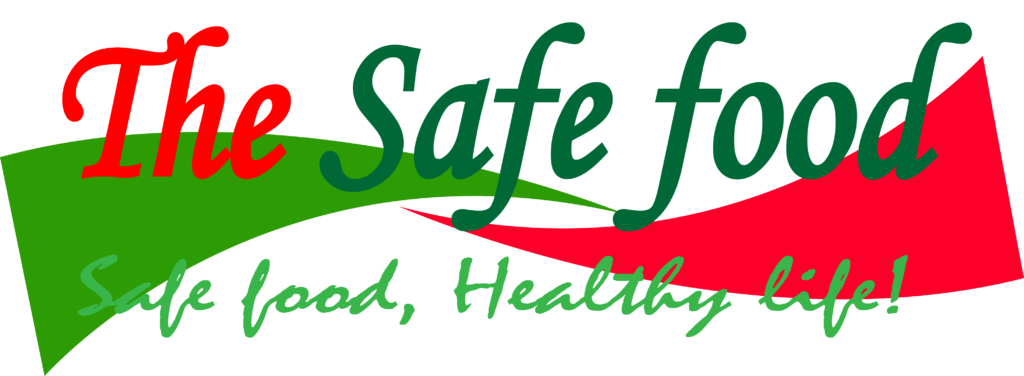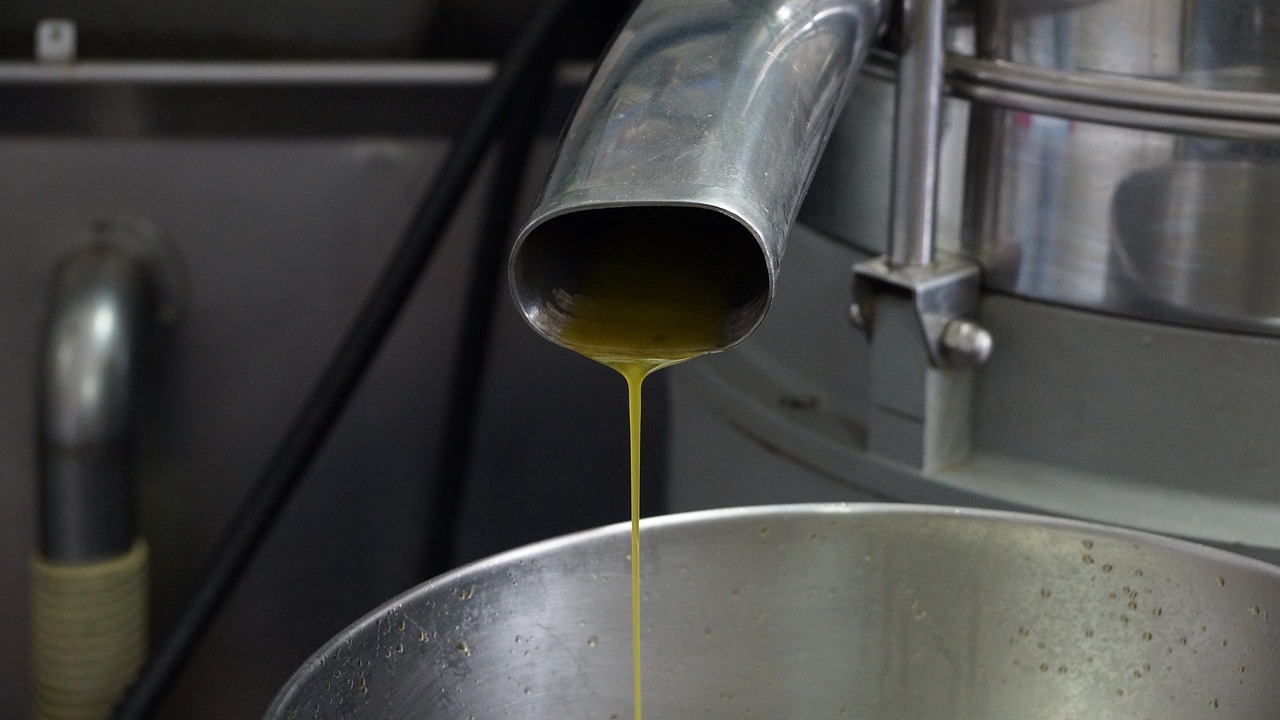What is food technology?
Food technology refers to the application of scientific and engineering principles to the production, processing, preservation, packaging, and distribution of food products. It involves the use of various technologies and techniques to enhance the quality, safety, efficiency, and sustainability of the food industry.
Food technology encompasses a wide range of activities and areas, including:
- Food Product Development: Food technologists work on creating new food products or improving existing ones. They employ scientific knowledge, market research, and consumer preferences to develop innovative and appealing food items.
- Food Processing and Manufacturing: Food technology plays a crucial role in optimizing processing methods to improve efficiency, quality, and safety. It involves the design and implementation of processes and equipment for transforming raw materials into finished food products.
- Food Preservation and Packaging: Food technologists develop techniques and packaging materials to extend the shelf life of food products, maintain their quality, and ensure safety. Preservation methods, such as canning, freezing, dehydration, and irradiation, are employed to inhibit spoilage and microbial growth.
- Food Safety and Quality Assurance: Food technology is instrumental in ensuring the safety and quality of food. Technologists work on developing and implementing protocols, standards, and quality control measures to monitor and maintain food safety throughout the production and distribution chain.
- Food Analysis and Testing: Analytical techniques are used in food technology to assess the nutritional composition, sensory attributes, and presence of contaminants or additives in food products. This helps in ensuring compliance with regulatory standards and providing accurate information to consumers.
- Food Engineering and Process Optimization: Food technologists apply engineering principles to optimize production processes, equipment design, and energy utilization in the food industry. They focus on improving efficiency, reducing waste, and enhancing sustainability.
- Food Quality and Safety Management Systems: Technologists develop and implement quality management systems, such as Hazard Analysis and Critical Control Points (HACCP), to identify and control potential hazards in food production. These systems ensure that food products meet safety and quality standards.
- Food Nanotechnology: Nanotechnology is increasingly being applied in food technology to enhance properties like taste, texture, nutrient delivery, and packaging. It involves the manipulation and control of materials at the nanoscale to improve food functionality.
Relationship between food science and food technology
Food technology and food science are closely related fields that often overlap and complement each other. While food science focuses on the study of the composition, properties, and nutritional aspects of food, food technology applies scientific knowledge and engineering principles to develop practical applications and solutions for the production, processing, and preservation of food. Here are some ways in which food technology and food science are interconnected:
Food safety knowledge is for all!

Every consumer deserves to have high quality and safe food. …Read more!

- Scientific Foundation: Both food technology and food science are rooted in scientific principles. Food science provides the foundational knowledge of the chemical, biological, and nutritional aspects of food. Food technology builds upon this knowledge by utilizing scientific findings to develop practical applications and technologies.
- Research and Development: Both fields involve research and development activities. Food scientists conduct experiments and studies to understand the composition, behavior, and interactions of food components. Food technologists use this scientific knowledge to develop new food products, processing techniques, and preservation methods.
- Food Product Development: Food science and food technology collaborate closely in the development of new food products. Food scientists analyze the nutritional content, sensory attributes, and safety aspects of various ingredients and formulations. Food technologists use this information to design processes, select appropriate technologies, and develop recipes for creating appealing and safe food products.
- Processing and Preservation Techniques: Food science provides the foundation for understanding the impact of various processing techniques on the nutritional quality, safety, and sensory attributes of food. Food technologists apply this knowledge to develop and optimize processing methods that maximize efficiency, minimize nutrient loss, and enhance food safety and quality.
- Food Safety and Quality Assurance: Both food science and food technology play crucial roles in ensuring food safety and quality. Food scientists analyze the microbial, chemical, and physical properties of food to identify potential hazards and determine quality parameters. Food technologists then develop and implement control measures, quality management systems, and monitoring protocols to ensure that food products meet safety and quality standards.
- Nutritional Considerations: Food science and food technology collaborate to address nutritional considerations in food production. Food scientists study the nutritional composition and bioavailability of nutrients in food, while food technologists develop processing techniques and technologies that minimize nutrient loss and enhance the nutritional value of food products.
- Regulatory Compliance: Both fields must adhere to food regulations and standards. Food scientists and technologists work together to ensure that food products meet regulatory requirements related to safety, labeling, nutritional claims, and quality.
Our Blog ↗
Read the latest from our blog
Ask a Question ↗
Ask a question and get answers from our community
Give Feedback ↗
We value your feedback.

